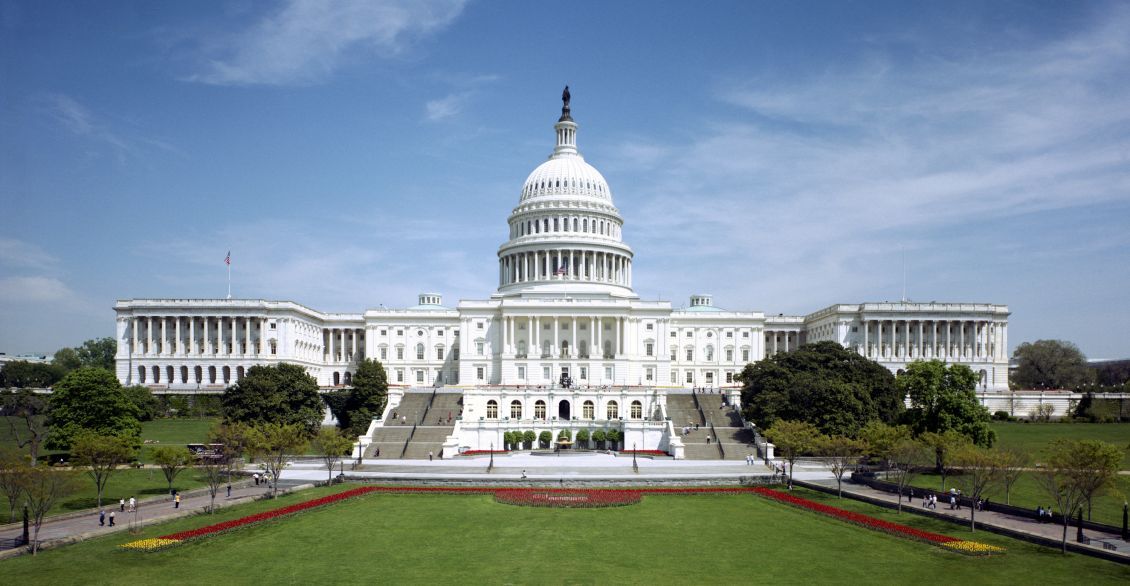On March 11, President Biden signed into law the American Rescue Plan Act of 2021 (H.R. 1319), a $1.9 trillion Covid-19 stimulus package designed to provide relief to American households, states and local governments, and businesses struggling with the health and economic toll of the pandemic.
Enterprise applauds the federal government for this historic investment in the American people and for prioritizing affordable housing funding in the legislation. With analyses projecting that over 11 million families are behind on their rent or mortgage payments and some 81 million adults reporting difficulty paying usual household expenses in the past seven days, this legislation will undoubtedly have a large impact on countless American lives.
Housing Provisions
There are a number of critical affordable housing and community development provisions in the legislation, including:
- $21.55 billion in additional funding for Treasury’s Emergency Rental Assistance Program, which was initially established by the Consolidated Appropriations Act of 2021. This funding will help states, territories, counties, and cities provide support, so struggling families can cover rental and utility costs.
- $9.96 billion for a Homeowner Assistance Fund which will help homeowners by providing financing for mortgage payments, property taxes, property insurance, utilities, and other housing-related costs.
- $5 billion for emergency housing vouchers that will provide those experiencing or at-risk of homelessness, survivors of domestic violence, and victims of human trafficking support so they can afford stable housing.
- $5 billion for the HOME program to aid homelessness assistance and supportive services as well as the production of affordable housing and the acquisition of non-congregate shelter spacing.
Some other noteworthy housing provisions include:
- $750 million for Native American housing programs
- $100 million for emergency assistance for rural housing
- $100 million for housing counseling
- $39 million for direct loans made under section 502 and 504
- $20 million for the Fair Housing Initiative Program
Other Noteworthy Provisions
The ARP also includes several other significant provisions aimed at revitalizing and supporting communities throughout the country, including:
- $1,400 stimulus checks for individuals earning under $75,000 and married couples making less than $150,000. The legislation also provides $1,400 per dependent. The payments will decrease for those earning more than the two set levels mentioned above with an income cap set at $80,000 for individuals and $160,000 for married couples.
- The extension of unemployment programs through early September, including the $300-per-week federal supplement.
- $350 billion for states, local governments, territories, and tribal governments. The funding is split as follows:
- $195.3 billion for states
- $130.2 billion for local governments (local governments of every size qualify for an allotment)
- $20 billion for federally recognized tribal governments
- $4.5 billion for U.S. Territories
A few other notable investments in the legislation include:
- $130 billion to help reopen schools
- $50 billion for FEMA’s Disaster Relief Fund
- $30 billion for transit systems heavily impacted by the pandemic
- $20 billion to establish a national Covid-19 vaccination program
- $15 billion for the Economic Injury Disaster Loan Program
- $10 billion for the State Small Business Credit Initiative, with $2.5 billion set aside for businesses owned and controlled by socially and economically disadvantaged individuals, including minority-owned business
- $7.6 billion to support Covid-19 response at Community health centers
- $7.25 billion for the Paycheck Protection Program
- $1.1 billion in additional SNAP administrative funds to help states more effectively meet the high demand
What was dropped?
The House’s initial bill and the Biden-Harris Administration’s proposed outline included a provision to raise the federal minimum wage, which is currently set at $7.25 per hour, to $15 per hour by 2025. The Senate parliamentarian stated that this proposal did not adhere to the rules set forth in the reconciliation process, and therefore the provision was ultimately dropped from the legislation.
President Biden and Democratic lawmakers have since stated that raising the minimum wage to $15 per hour remains a top legislative priority.
Noteworthy Senate Amendment
The Senate approved by a voice vote an amendment offered by U.S. Senators Lisa Murkowski (R-AK) and Joe Manchin (D-WV) to the House’s initial bill, to direct $800 million to support the enrollment of children and youth experiencing homelessness. This includes providing wrap-around services for children and youth experiencing homelessness amid the pandemic. The allotted amount is eight times the annual appropriation of the Education for Homeless Children and Youth program.
